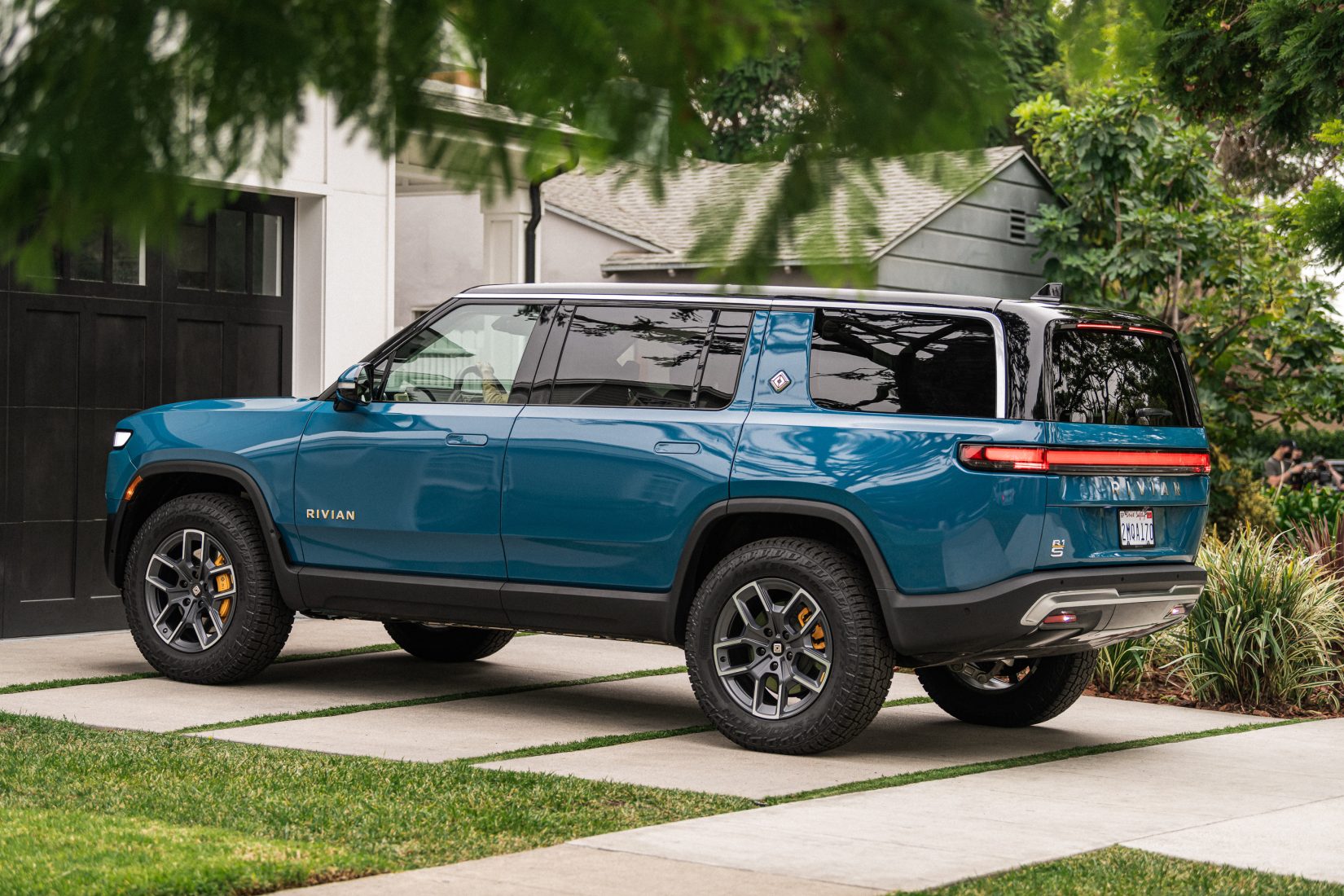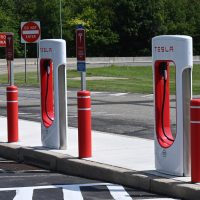
Let’s face it, the full or partial electrification of SUVs have bred new life into this segment of the automobile world. Nowadays it’s not uncommon to see SUVs with better fuel economy numbers than some small sedans.
Car makers are going full speed into 100% all-electrification of their sports utility vehicle lineup of cars. This has resulted in a new term for these types of cars, E-SUVs.
What are they and what makes them different than traditional SUVs?
What is an E-SUV (sports utility vehicle)?
An E-SUV vehicle is an electric SUV. This type of electric vehicle that combines the best attributes of a sport utility vehicle (SUV) with those of an electric car. E-SUVs are sometimes a bit larger than traditional sports utility vehicles and offer more cargo space and passenger room.
They also tend to be more powerful, with higher torque and acceleration compared to conventional ICE (Internal Combustion engine) cars. E-SUVs are becoming increasingly popular due to their environmental benefits, as they produce zero emissions when on the road.
E-SUVs have more cargo space but are heavier
E-SUVs (all-electric or hybrids) seemingly defy the laws of physics to offer you more practicality and savings over the long term. The Hummer SUV EV is over 9,000 lbs, way heavier than gas model it replaced – but is far cheaper to operate.
Main image courtesy: Rivian


